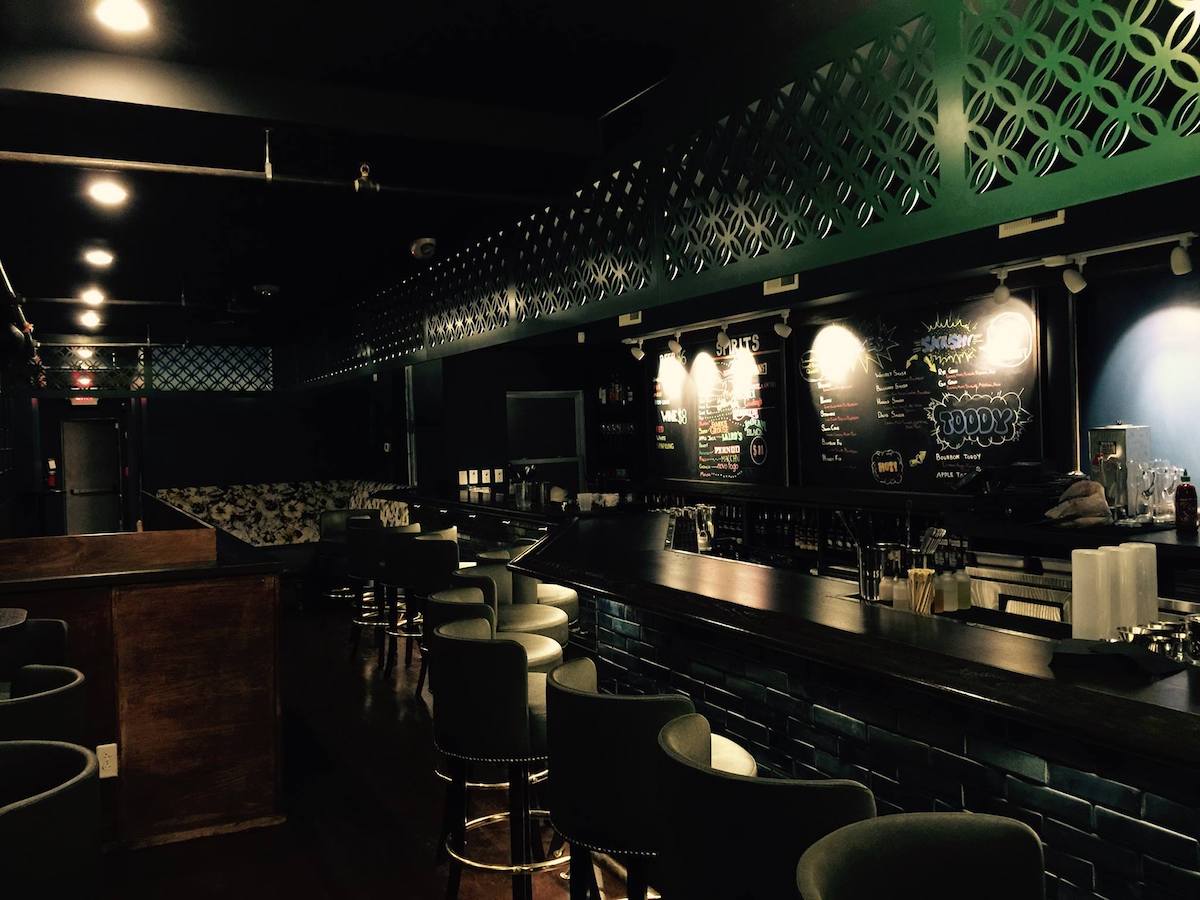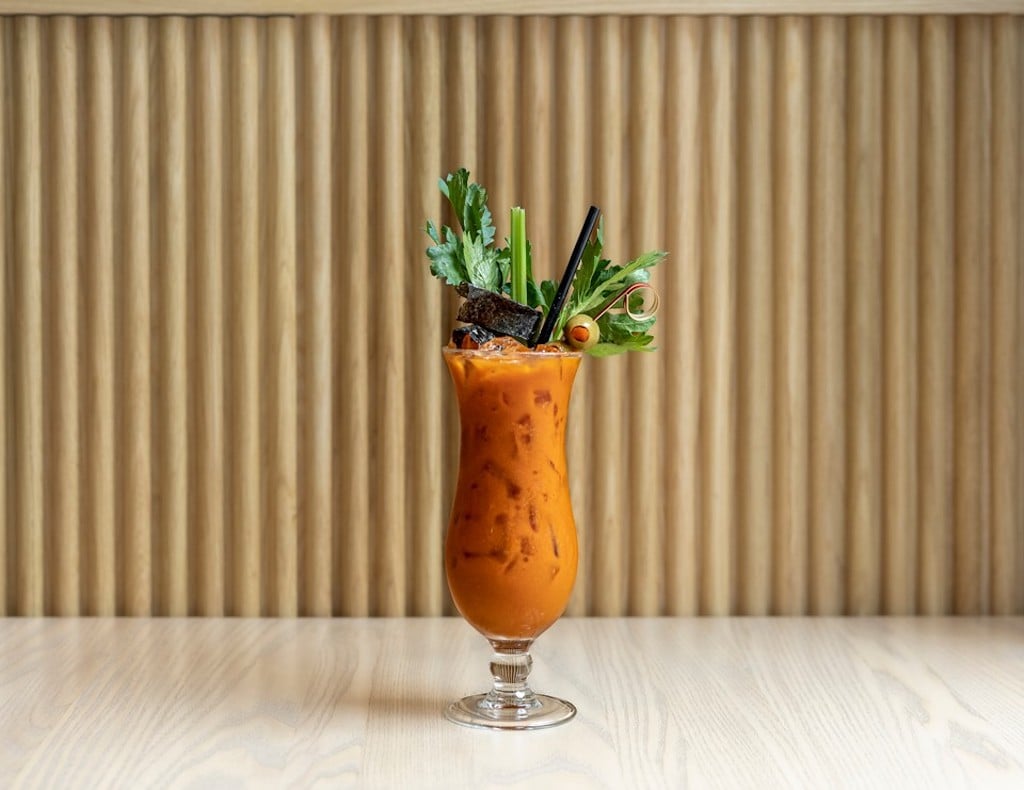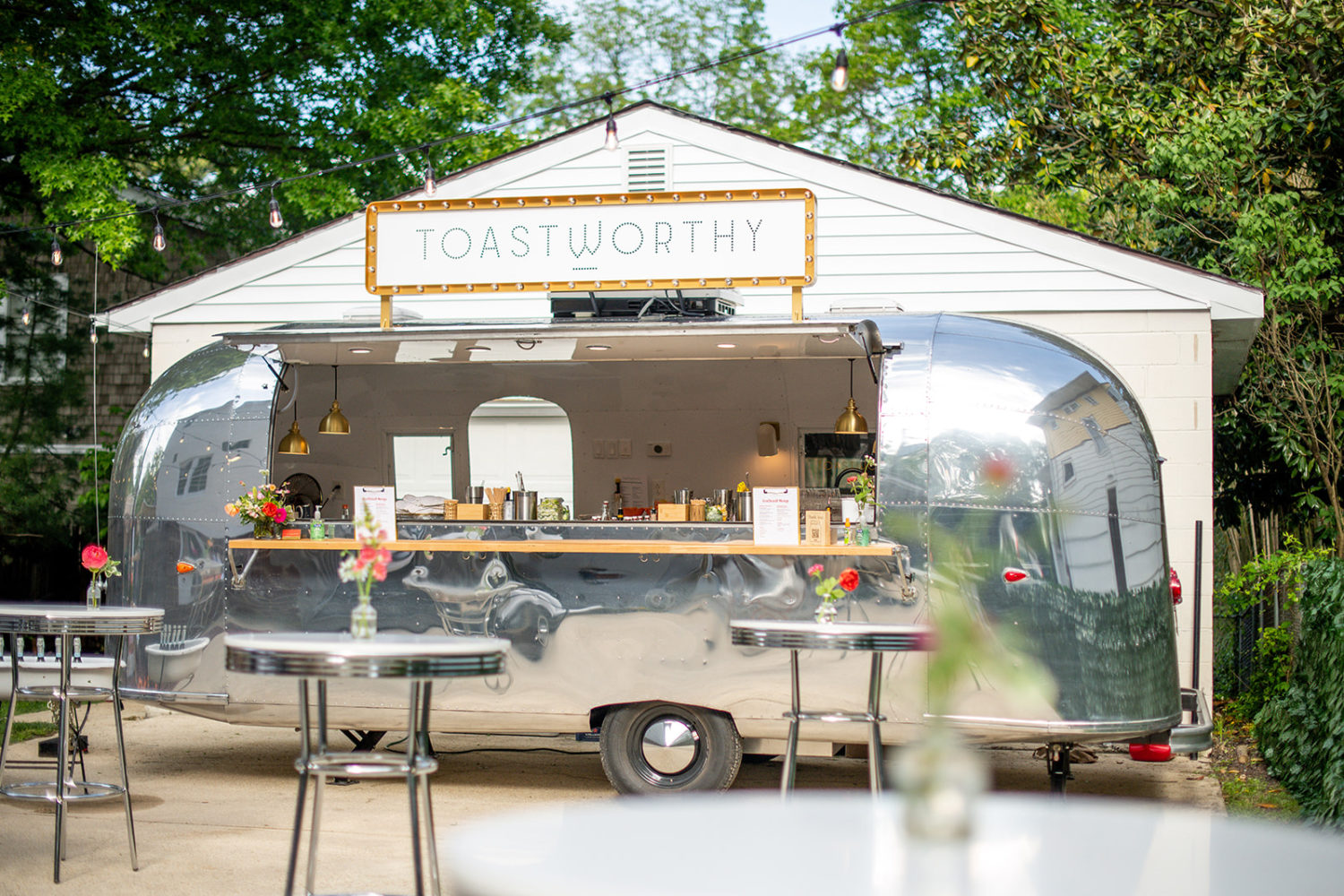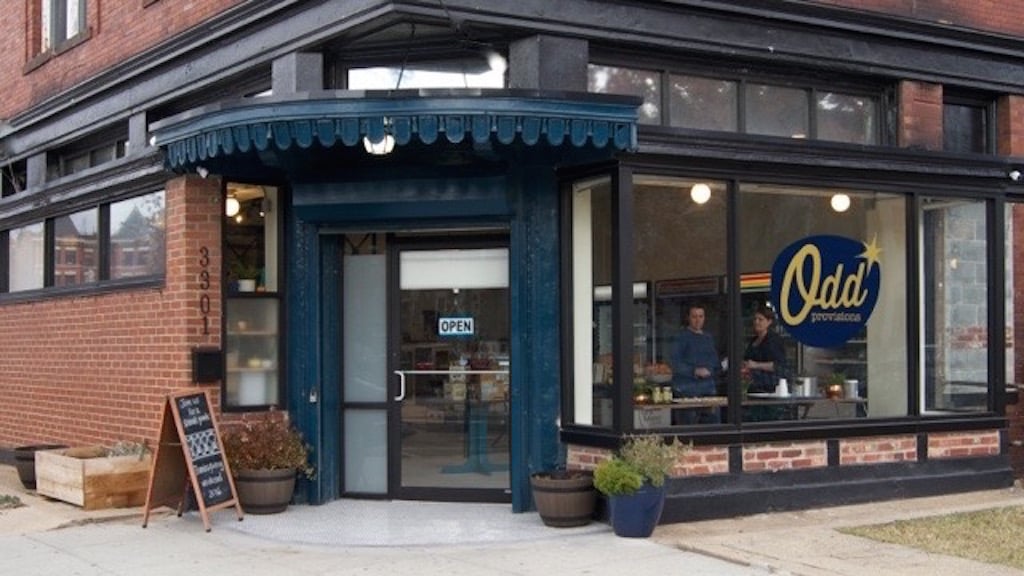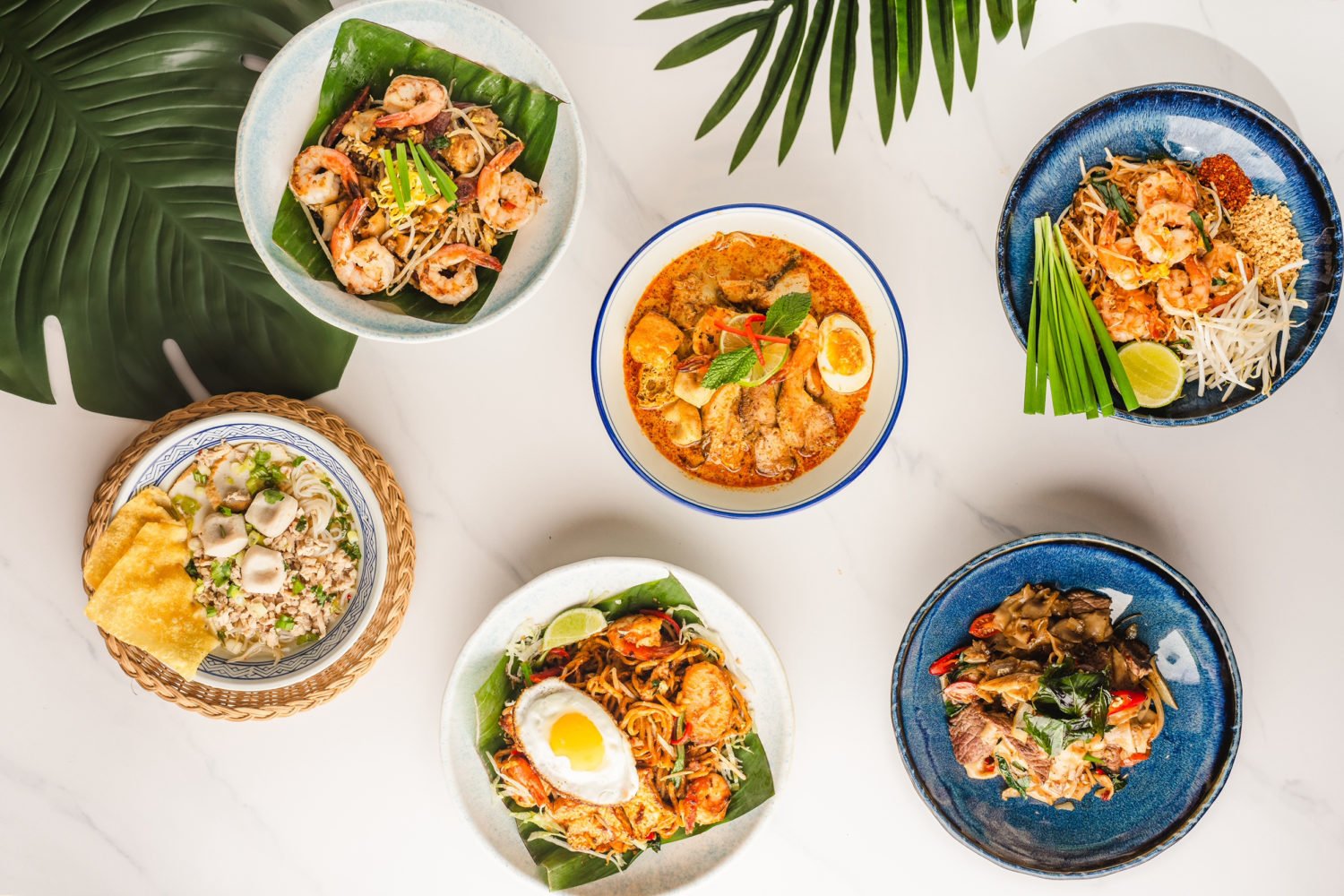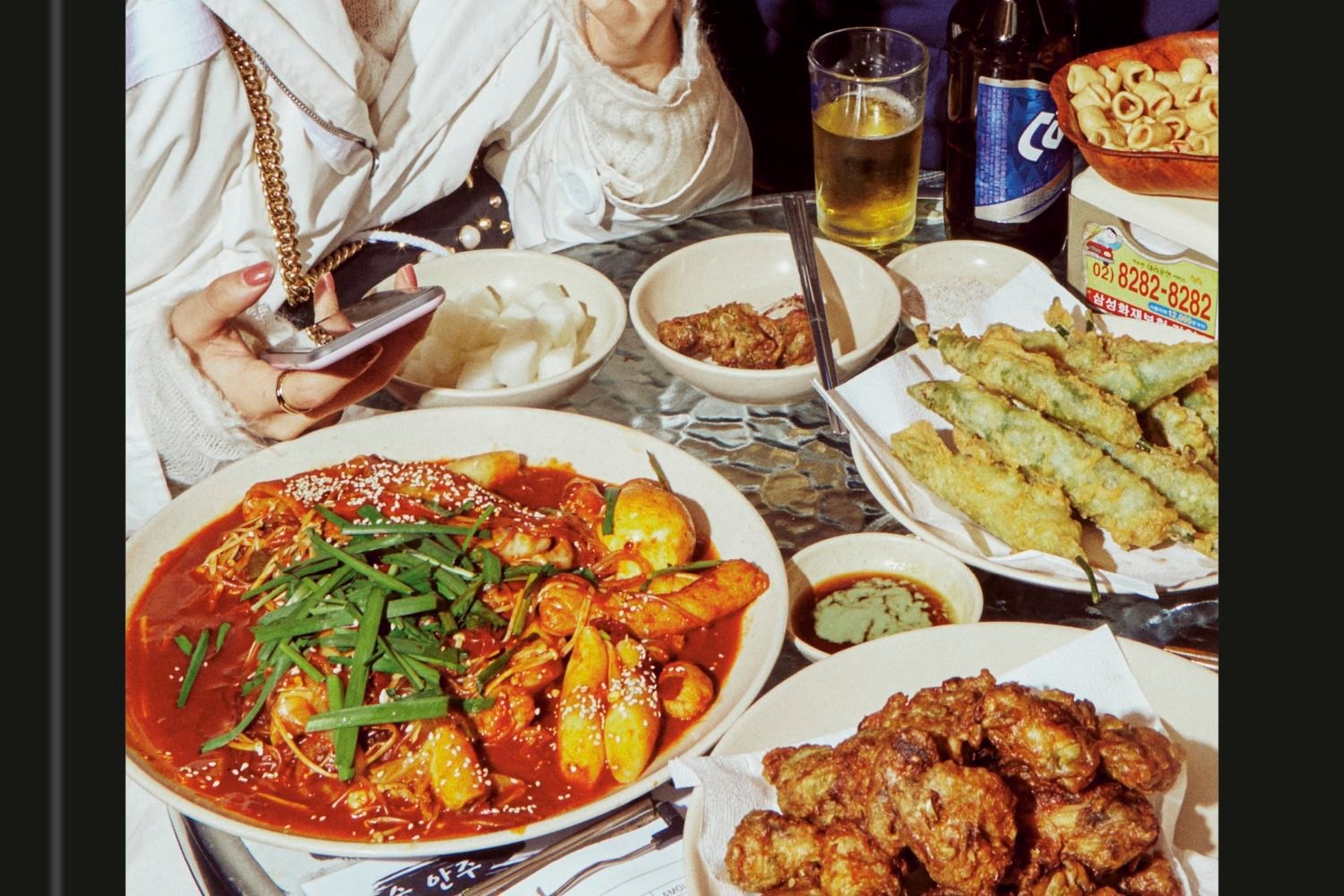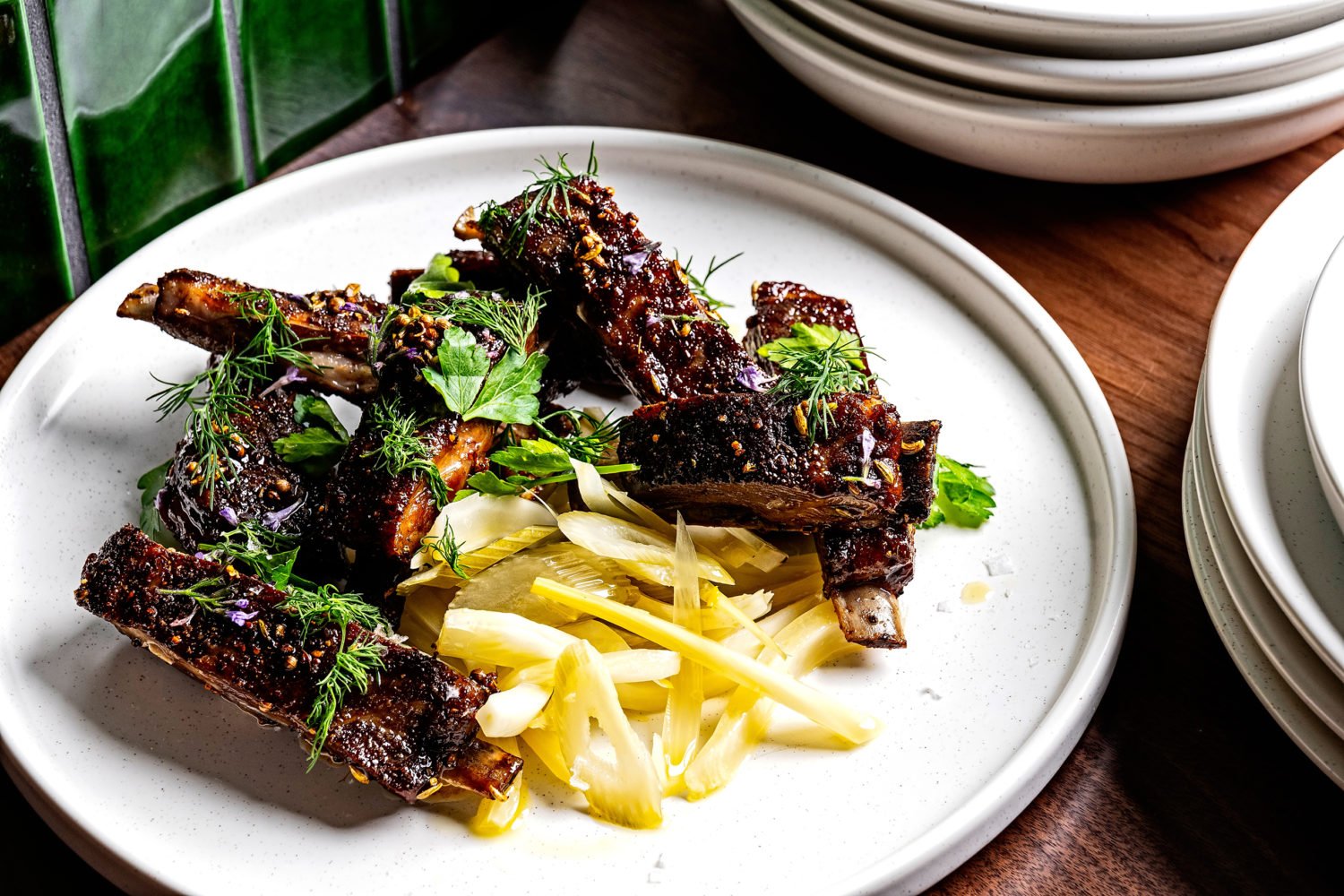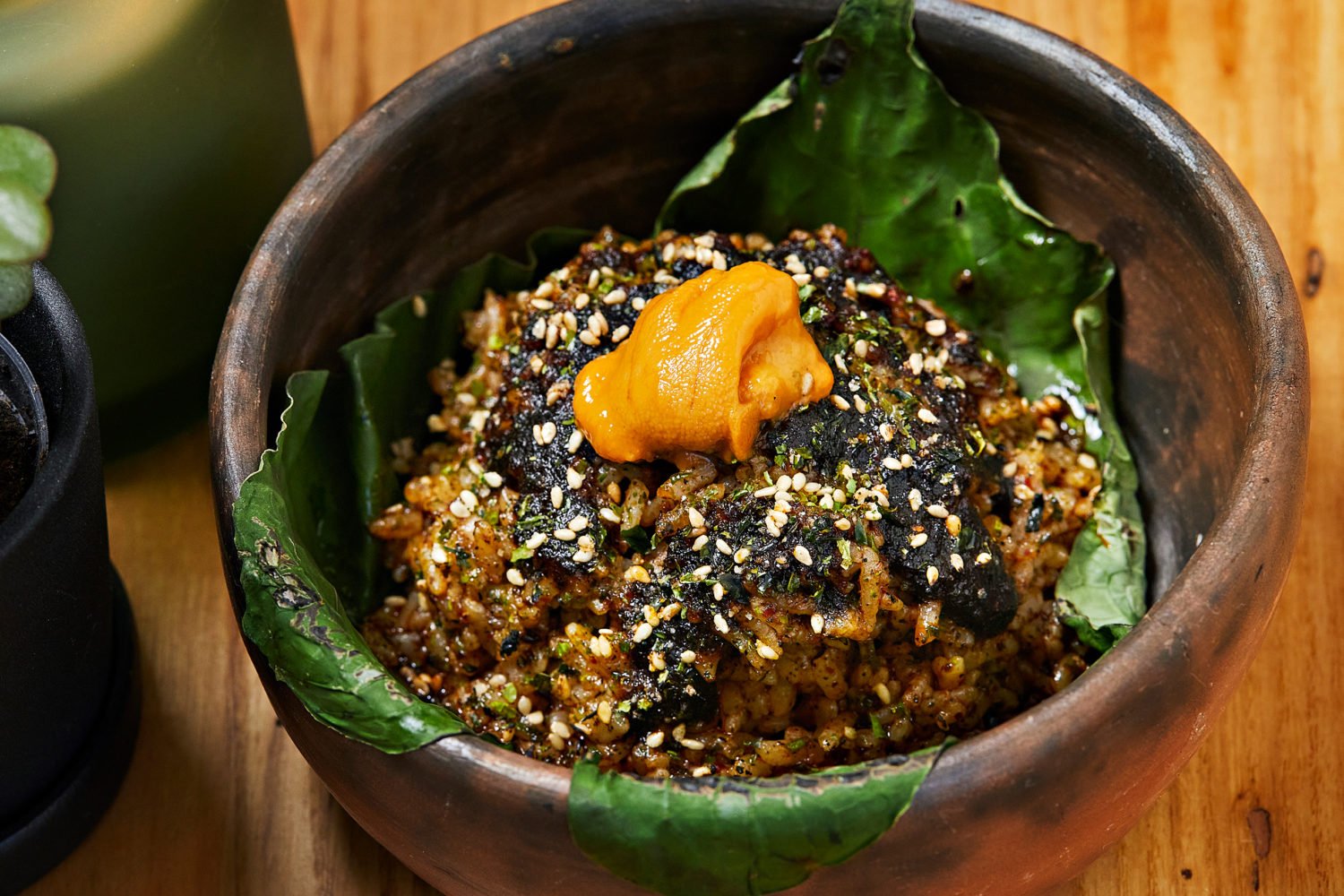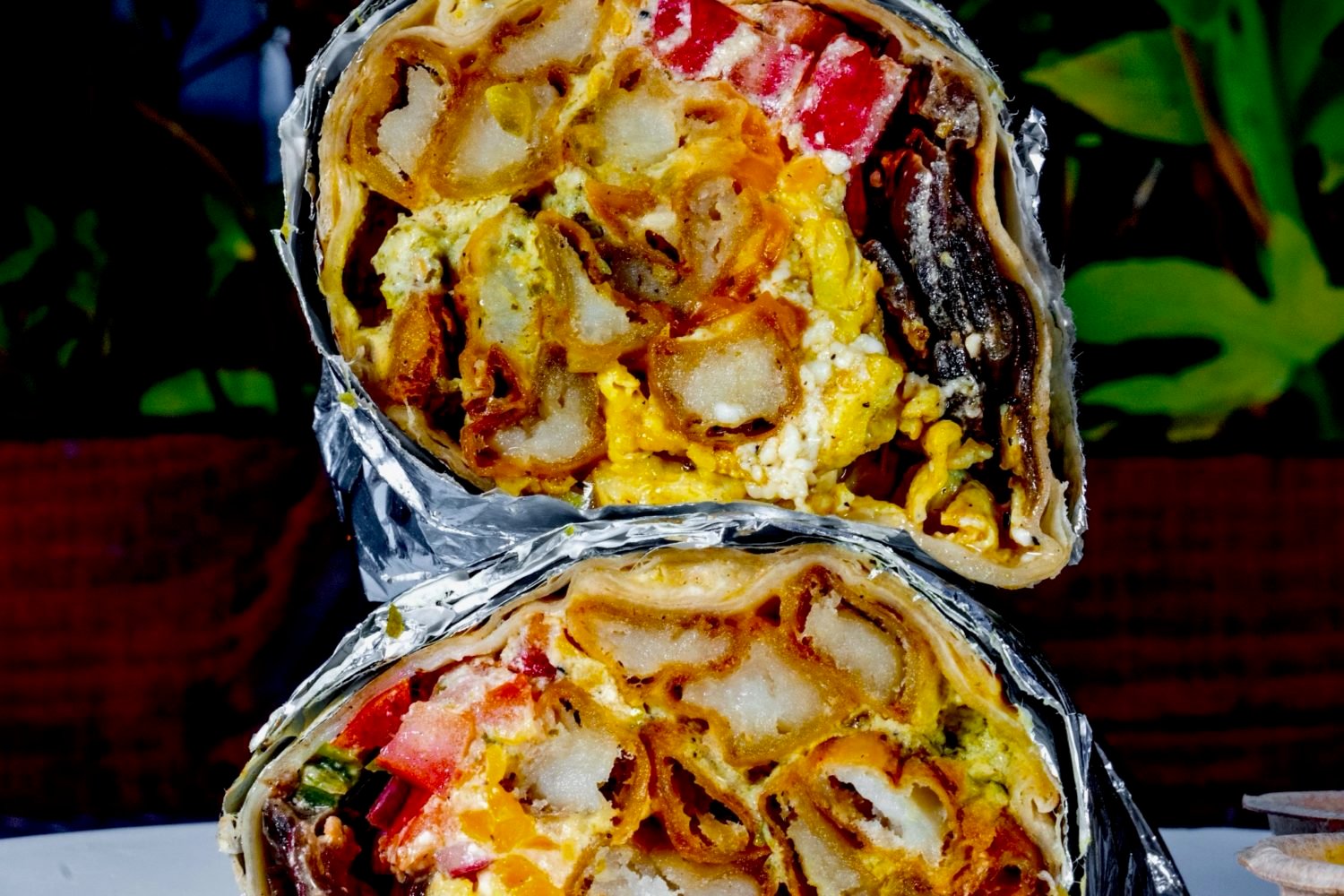An African-American bartender accused by a customer of “sexist and colorist” behavior has been fired from popular H Street cocktail bar Copycat Co. Rob Tinney, a five-year employee of the company who’s also bartended at other high-profile spots like the Columbia Room, was let go on Monday night, according to owner Devin Gong. His termination was the result of an incident over the weekend in which he confronted an African-American patron, Jazmyne Wade, using racial remarks and sexist slurs.*
The incident, which sparked widespread outrage and calls on Yelp to boycott the business, was documented in detail by fellow patron Pierrea Naketa. She witnessed the late-night altercation and wrote about the experience on Medium. (In Naketa’s story, neither the bartender nor the customer were named; both have since been identified to Washingtonian.) Naketa, a recent law school graduate, details how Tinney “aggressively” approached Wade and her friend, who had been eating and drinking in the bar for some time. Naketa alleges that Tinney confronted Jasmine around 2:45 AM, saying “Bitch, you gotta go!” The interaction escalated with Tinney allegedly yelling slurs: “You black and you ugly bitch! You black as f*** and you ugly!” Wade and her companion left the bar and Naketa began to question and express concern to Gong, who had appeared as the incident was occurring and who Naketa assumed was a manager.
According to both Naketa and Gong, their interaction deteriorated from there. Naketa described Gong’s reaction to her questions and concerns as abrasive and dismissive. While she was speaking with him, a cook emerged from the kitchen and directed more sexist slurs at Naketa, thinking she was Wade (the cook then apologized). Naketa then left the bar and contacted Gong the following day; at the time of this story the two hadn’t spoken.
“My personal belief about why he dismissed this is that it’s a black man yelling at a black woman. The conversation we should have is that anyone can perpetuate these systems,” says Naketa, who had never encountered Wade prior to the incident. The two have since connected since the story was published. “This woman was humiliated and kicked out. My whole goal was to find her and [help her] understand she had allies, and DC showed up, too.”
Gong says Wade had been banned from Copycat Co. in the weeks prior, alleging that on one evening she and her companions became too intoxicated and Tinney cut them off. (Wade was unavailable for comment.) An altercation allegedly ensued, during which a companion of Wade’s struck Tinney in the face. Tinney allegedly then summoned a police officer who was outside to help clear out the group, but declined to file a formal assault complaint. After, Gong alleges Wade attempted to patronize Copycat Co. on at least one other occasion, despite being told she was banned.
In both the Medium comments and to Washingtonian, Gong admits he and his staff—who he says are 80 percent immigrants and minorities—mishandled the latest interaction with Wade and Naketa. “We handled it poorly; I handled it poorly. It’s not right to treat anyone this way,” says Gong. “I feel a lot of remorse. I do want to apologize for myself and on behalf of my staff. It was handled awfully and resulted in a termination of a bartender that’s been with me since day one. I’ve been working with Rob [Tinney] for a long time and it wasn’t an easy decision, but I do feel it’s the right decision. I know as a company that’s not what we’re about.”
Tinney, who was reached for comment after this article was initially published, confirms that Wade was banned from the bar after a companion from her group struck him in the face, and alleges she also verbally attacked him with racial slurs. He says that Wade also berated him when she was intoxicated before the group was asked to leave, and taunted him on the night in question. He says he was “angry and defensive and should not have used those words in that way.”
“I can understand why Devin Gong, a man I worked with for more than five years and with whom I built Copycat from nail and board, felt he needed to throw me under the bus. His first thought in this PR maelstrom was to protect the bar at all costs,” writes Tinney in a statement.
For all my bartender and bar owner friends and colleagues, please know this:
*This article has been updated with additional information from parties involved.

